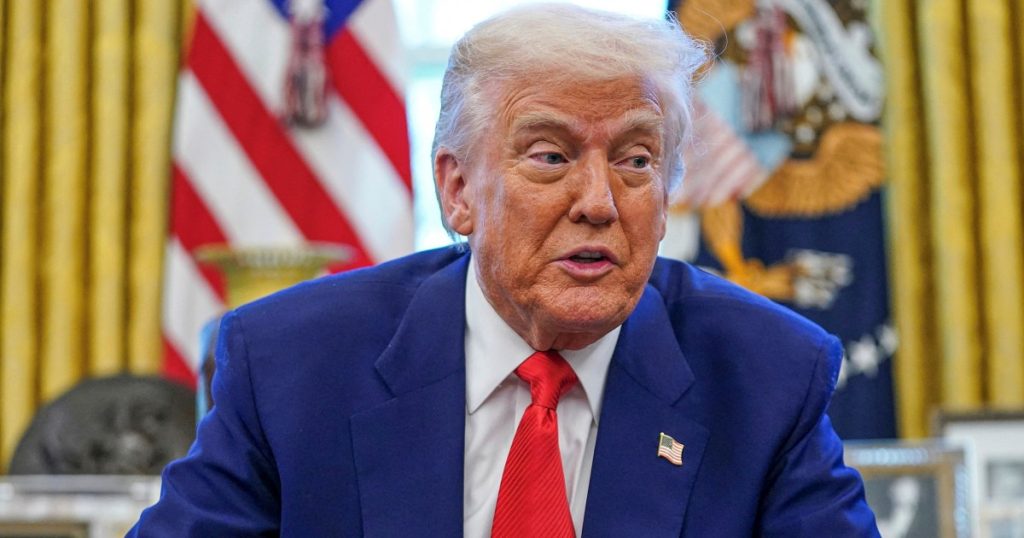Fifth-generation Iowa farmer Jarad Weber spoke with NBC News this afternoon at his 2,500-acre farm in Lees County, where he expressed concerns about the effects Chinese tariffs will have on his business but overall was optimistic that his soybean, corn and beef farm and others in the region will survive.
“I’m concerned about the tariffs, the current tariffs that are proposed or taking place,” Weber said. “I don’t think we know enough yet to know how they’re truly going to affect us.”
Still, Weber was confident that Midwestern farmers like him will ultimately “adapt” to any damage the tariffs may cause, noting that several factors, such as weather-related disasters, could upend a year of business the same way tariffs could.
“This is 120-year farm, and this administration, what they do, is not going to make or break this farm,” Weber said. “It may be tough. There may be some bumps. There may be some years where we don’t make any money. So we will adapt to whatever hand is dealt and move on from there.”
Weber also said he thinks it’s too early to measure the true impact of the 135% Chinese tariffs on American goods on his business and neighboring farms. Soybean planting will begin over the next few weeks, and China consumes more than half of all soybeans exported from the United States.
During the previous Trump administration, $28 billion in aid was given to bail out farmers amid Trump’s trade dispute with China. But Weber said he and other farmers don’t want to make their living off government subsidies — they just want to sell their products.
“I want to drive a tractor, raise corn, raise beans without government, you know, without the government putting their fingers on it,” Weber said. “The last thing we want to do as farmers is take our money from a government subsidy or government program.”
Weber, a Republican who voted for Trump last year, wasn’t sure whether he would like the tariffs to be reversed, but he was frustrated with lawmakers’ lack of understanding in Washington about farms in general.
“What we do is very rewarding, and it is nice to be a farmer in the middle of the country. And we love doing what we do. But with being a global economy, what happens in Washington, D.C., affects us greatly here, and I feel like sometimes we don’t have a lot of say in what does happen in Washington, D.C. Even though I get my vote, it just seems like we don’t have a lot of leverage,” he said.


